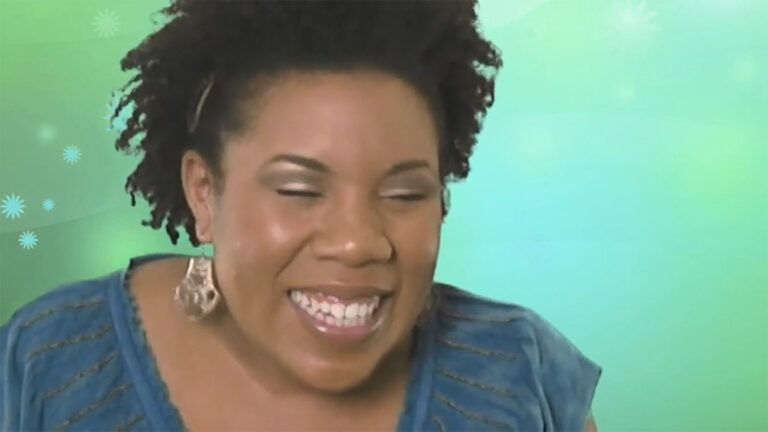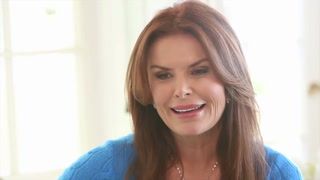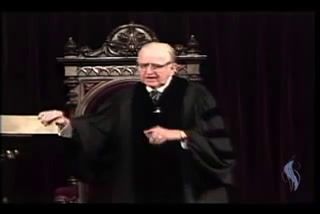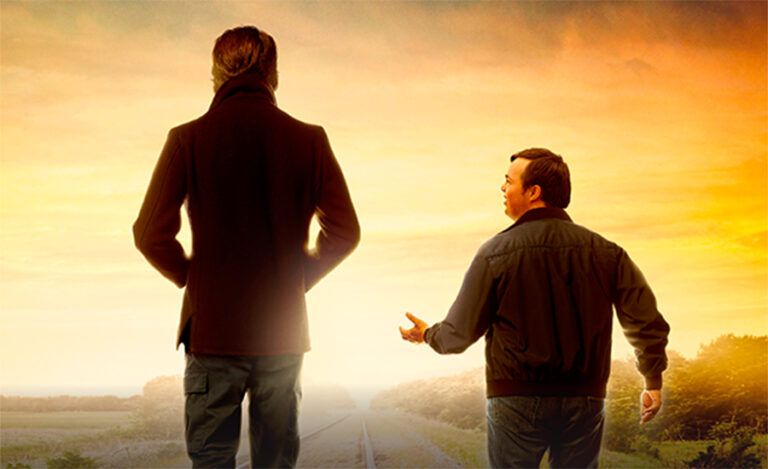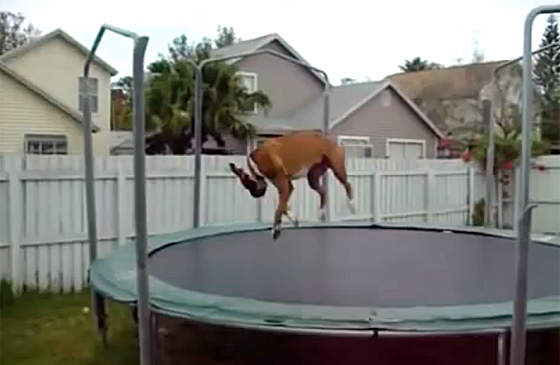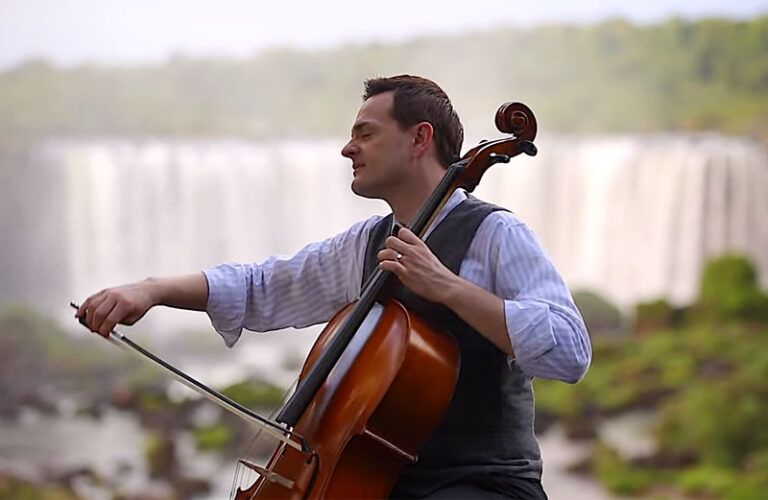
An Experienced Caregiver Offers Insights on Early-Onset Alzheimer’s Care
Author Carlen Maddux, whose wife was just 50 when she was diagnosed with early-onset Alzheimer’s, shares advice for others are caring for a loved one in a similar situation.
View Transcript
Hi, everyone. I’m Carlen Maddux. My wife, Martha, was only 50 years old when she was diagnosed with early-onset Alzheimer’s disease. I was 52 and our three children were still in high school and college. We lived through this crisis for a long 17 years.
When we got the, news our world wasn’t turned upside down, it imploded before us. I write about this experience in a book that I recently wrote, A Path Revealed—How Hope, Love, and Joy Found Us Deep in a Maze Called Alzheimer’s.
There are a ton of good guidebooks out today about what to do and how to do it and when to do it. There were very few in 1997 when Martha was diagnosed. There are wonderful websites out there about helping the caregiver, helping them—how to live through this, how to work through this, and how to respond to your loved one.
The other thing that you need to be aware of is—and it took me a little while to get into this—ask for help. Ask for help from your children. Ask for help from your family. Ask for help from your friends.
Our two oldest children when they got home from college—graduated from college—gave me the best gift I received during these 17 years. They came to me and they said, “Daddy, we’d like to give you a weekend a month off.” And I picked up on that offer immediately. And they let me do whatever I wanted to do for Friday, Saturday, and Sunday. And that was just a wonderful escape.
Ask your friends for help. Maybe your loved one has friends who would be willing to get with him or her and be with them during the course of the week. Maybe someone can organize your handful of friends to come in, say in pairs, and to go to lunch, to go take a walk, to go to a movie, just anything to get out of the house and to be with somebody. So that’s just very important to involve other people. Your friends love you. Our friends loved us, but we were shy about asking.
And I’m just saying, get over the shyness as quickly as you can, because as a caregiver we are very susceptible to burnout. And we don’t know that we’re going to get burned out until we are fully immersed in hot boiling water, and we are just burned. And so it’s just important to pace ourselves in advance of that and to have that kind of help as best we can.
Another great idea I’ve heard and that we did was, just fill your house with music. Martha loved to dance and sing. And that was very important when Martha began being unable to talk and express herself, but she could communicate through her dancing and singing. And that was important to us as we moved forward.
It took me a while to understand that a crisis like Alzheimer’s is not just a physical issue. This kind of a crisis, well, really, almost any kind of crisis is embedded with emotional, psychological, and spiritual issues that have got to be recognized and dealt with as best you can. This certainly was the case with Martha. But it was not only the case with Martha, it was with me, as well.
The issues that I’m talking about are fear, resentment, depression, guilt, stigma. You name it, and we experienced it. And so to keep absorbing those things, rather than working with a professional counselor or spiritual mentor was—would be almost a death knell for us. It was just very important in my case to be working with mentors that came across us and the path that we were traveling.
The best advice that I ever received during these 17 years was, Carlen, remember to be gentle on yourself. You’re going to go through a lot of frustrations. You’re not trying to be perfect. There is no way to be perfect. So be gentle on yourself, forgive yourself, love yourself, know that you are loved. That was extremely important.

